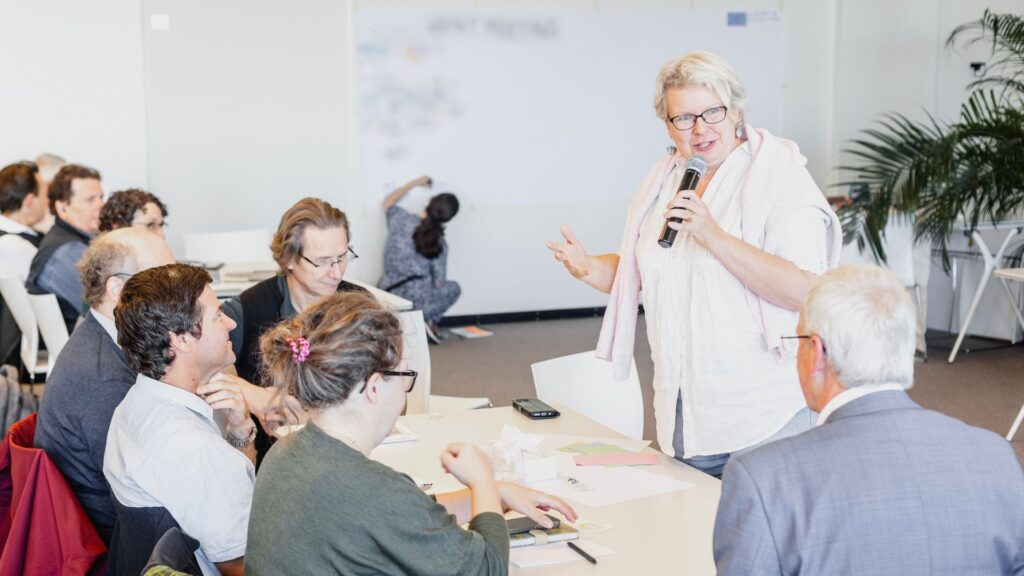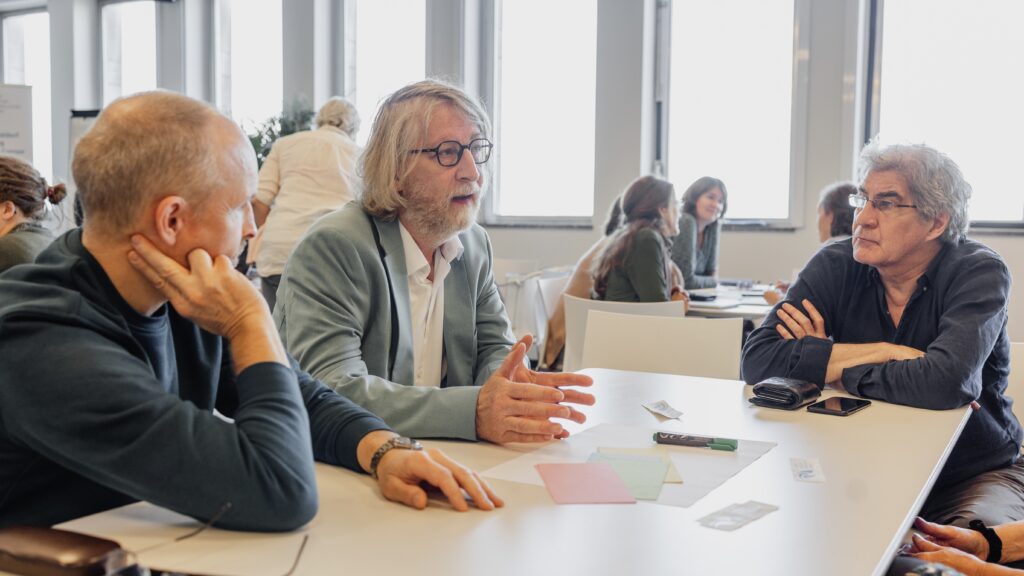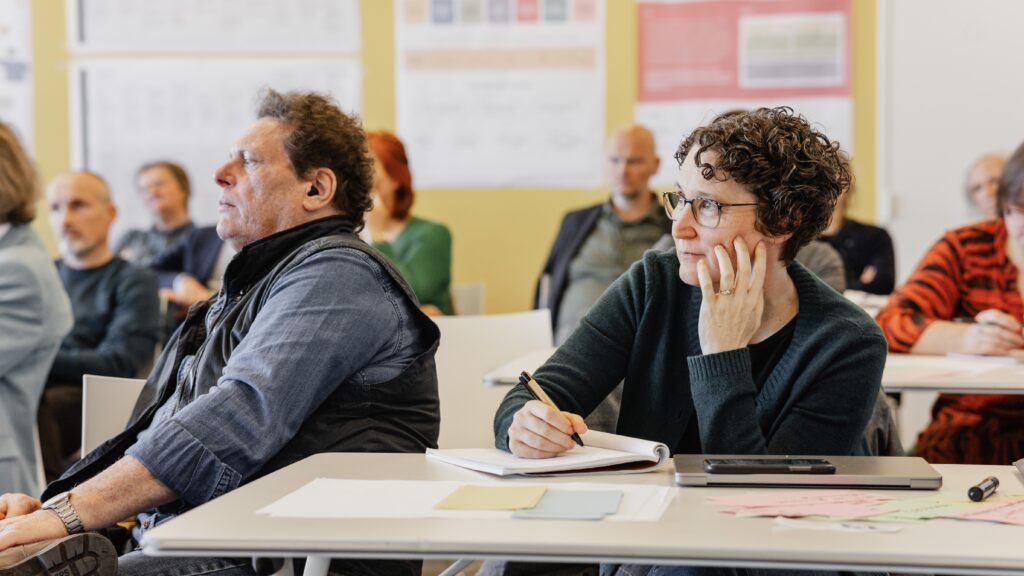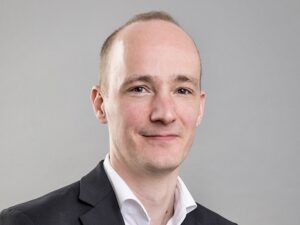Brussel, 20 December 2024
Training our members in project writing and advocacy

As part of its EU funded work plan for 2024, ECSWE provided training opportunities for member associations and schools in Europe. These were tailored inputs from the ECSWE office and peer-to-peer consultations between the members.
Empowering our members to successfully write EU projects
Building on the successful series of webinars on Erasmus+ that were carried out for our members in 2023, this year our project coordinator Márti Domokos offered a webinar on acquiring the quality label within the Erasmus+ programme. This form of accreditation enables schools and other organisations to prove their ability to successfully design and implement projects co-funded by the European Union and to make them eligible to receive mobility funds in a simplified way. An education institution can mainly benefit from Erasmus+ programme key action (KA1) for mobility of groups or individuals and key action (KA2) for cooperation among organisations and institutions.
Offering training on advocacy and public relations
From March to June 2024, ECSWE carried out four modules of an online advocacy training tailored to the needs of Steiner Waldorf associations and schools on local, regional and national level. Some topics covered in the modules were parliament and government lobbying, cooperation with stakeholders, political communication, crisis management, and association management. Hosts of the modules were our managing director Georg Jürgens, advocacy and PR coordinator Dora Šimunović, and PR consultant Daniel Herring, while contributions also came from our members’ national-level advocacy experience in Slovenia, France, Switzerland, Denmark, the United Kingdom, the Netherlands, Flanders, and Lithuania.
Supporting small national associations of Steiner Waldorf schools
Different state regulations affecting Steiner Waldorf schools across our membership largely determine the ability for our schools and associations to grow and flourish. Still, both external and internal factors explain inequalities between the development and strength of Steiner Waldorf education in Europe. To tackle that problem, the ECSWE office, board, and members have established a working group that regularly meets to jointly examine the specific situation of every national association in need for structural support and to provide tailored advice. The group has been very active in 2024 and will continue its mandate throughout the next year as well.


A question? Please don’t hesitate to contact us!




